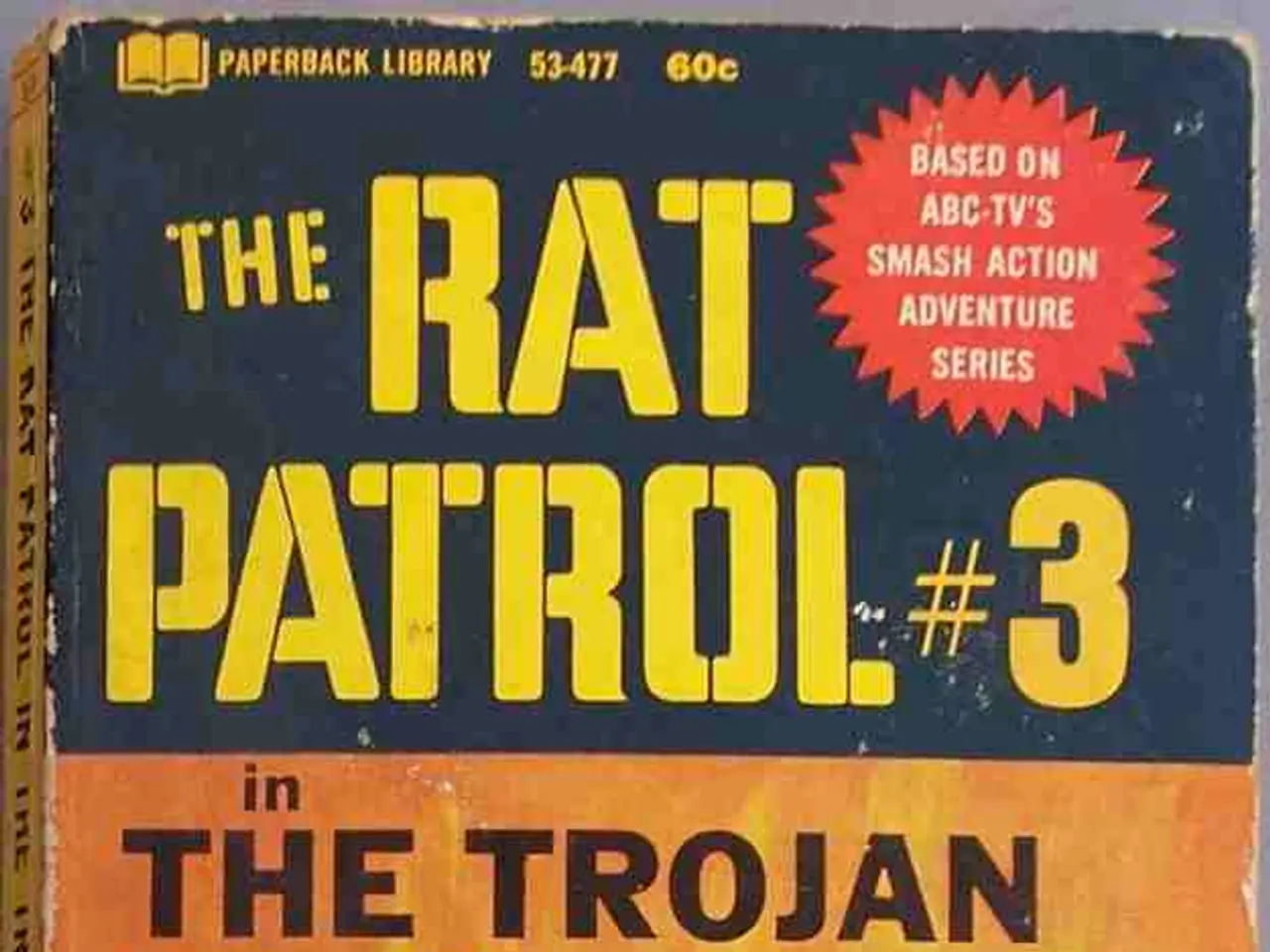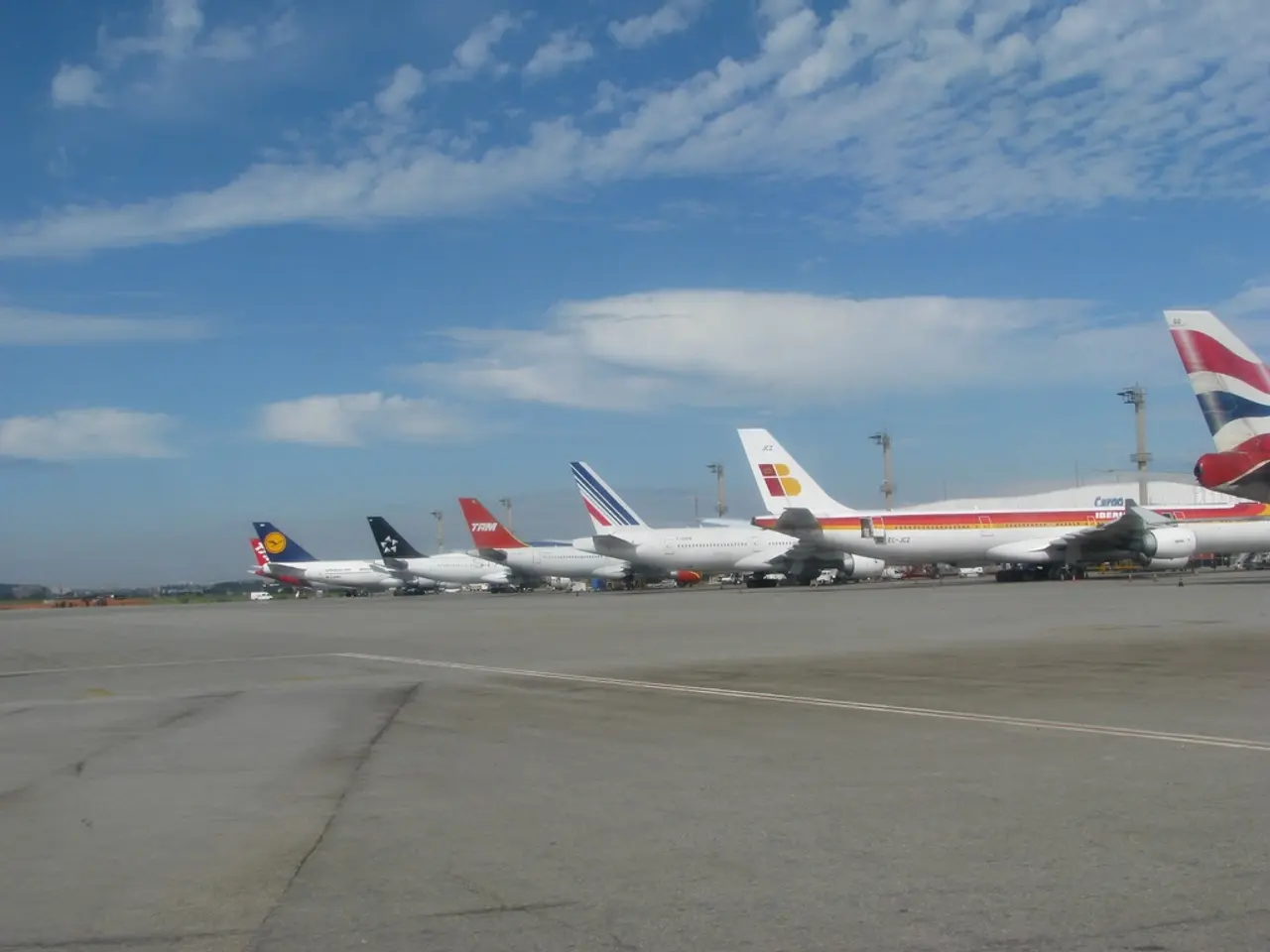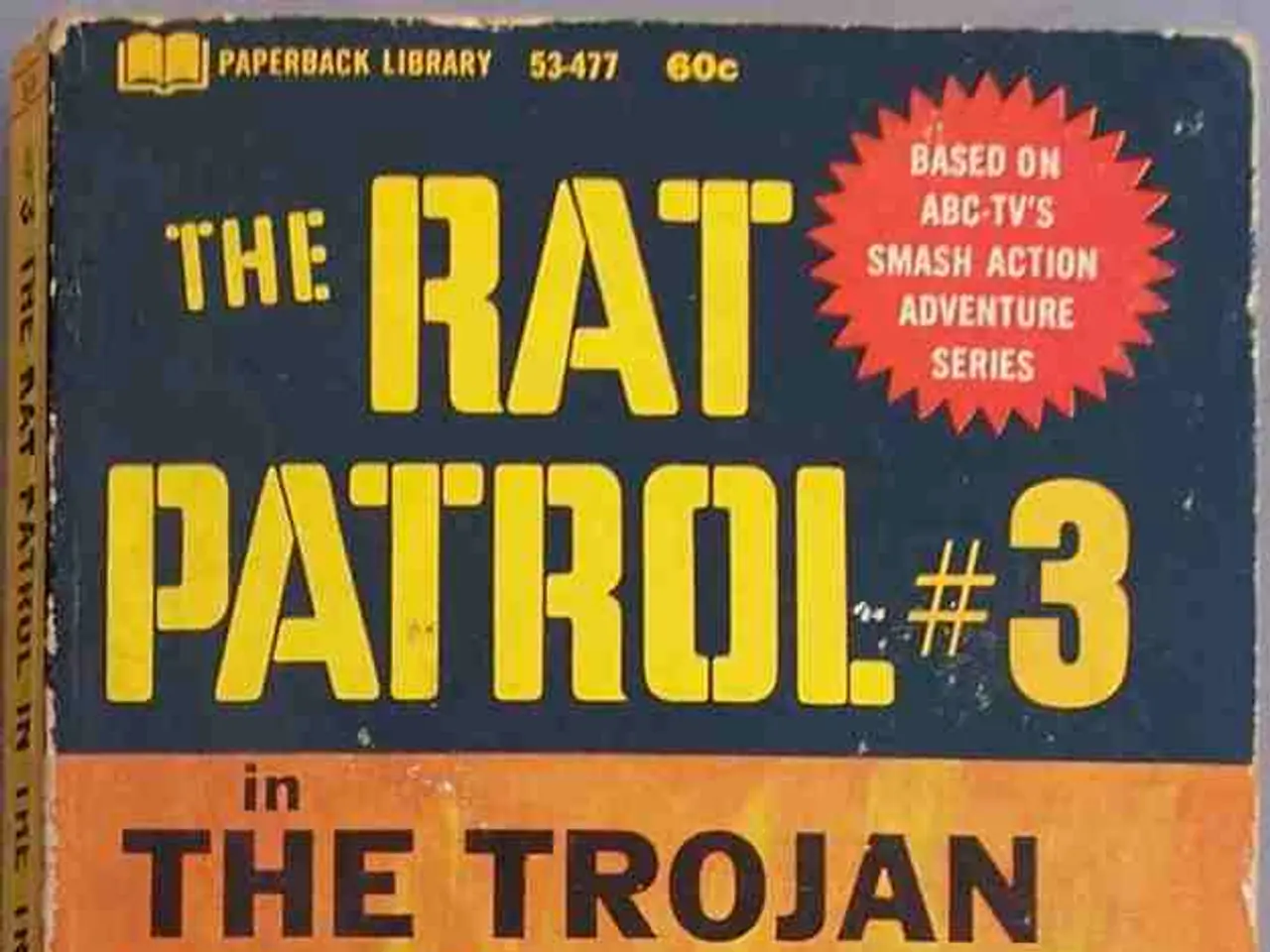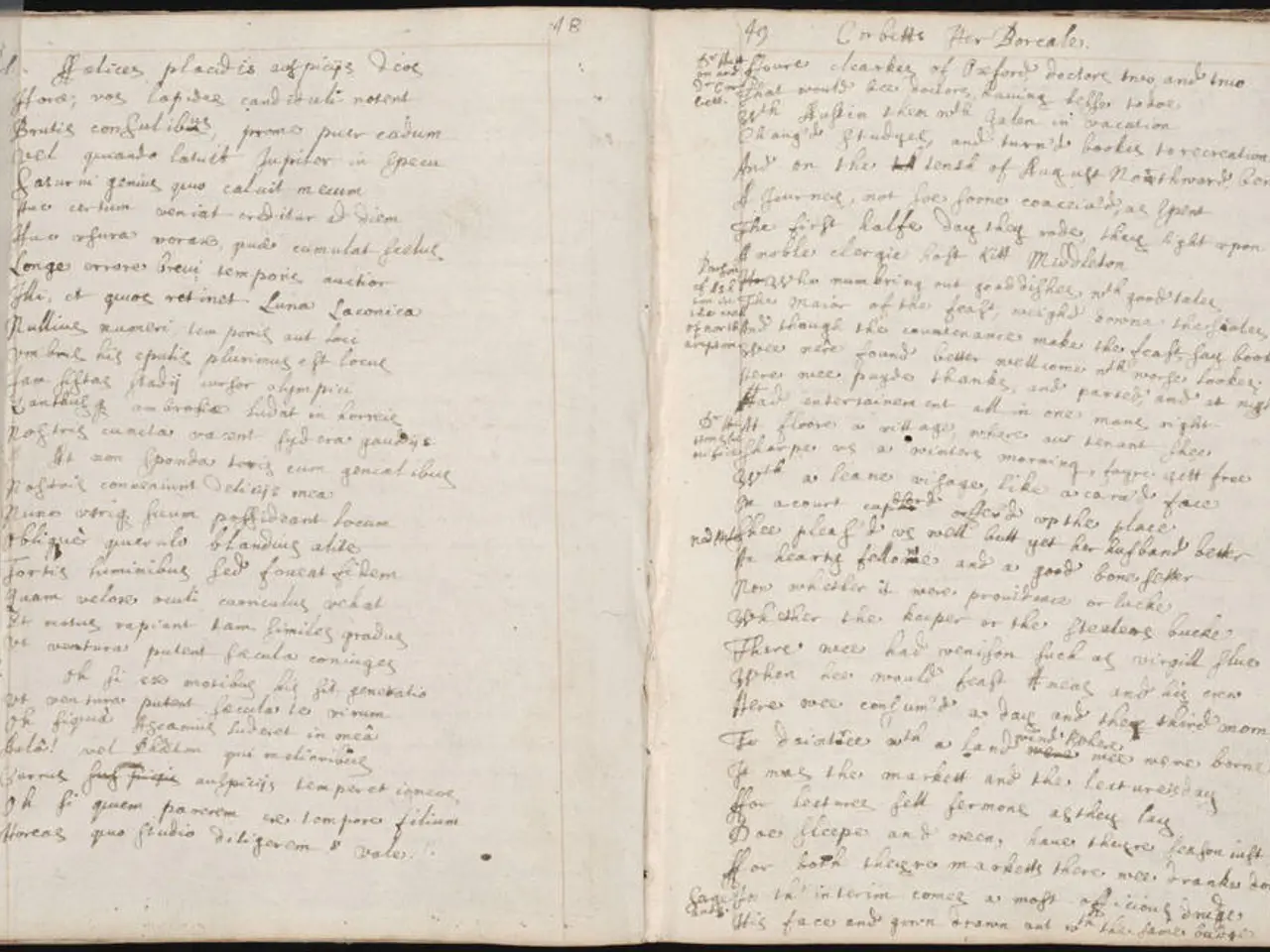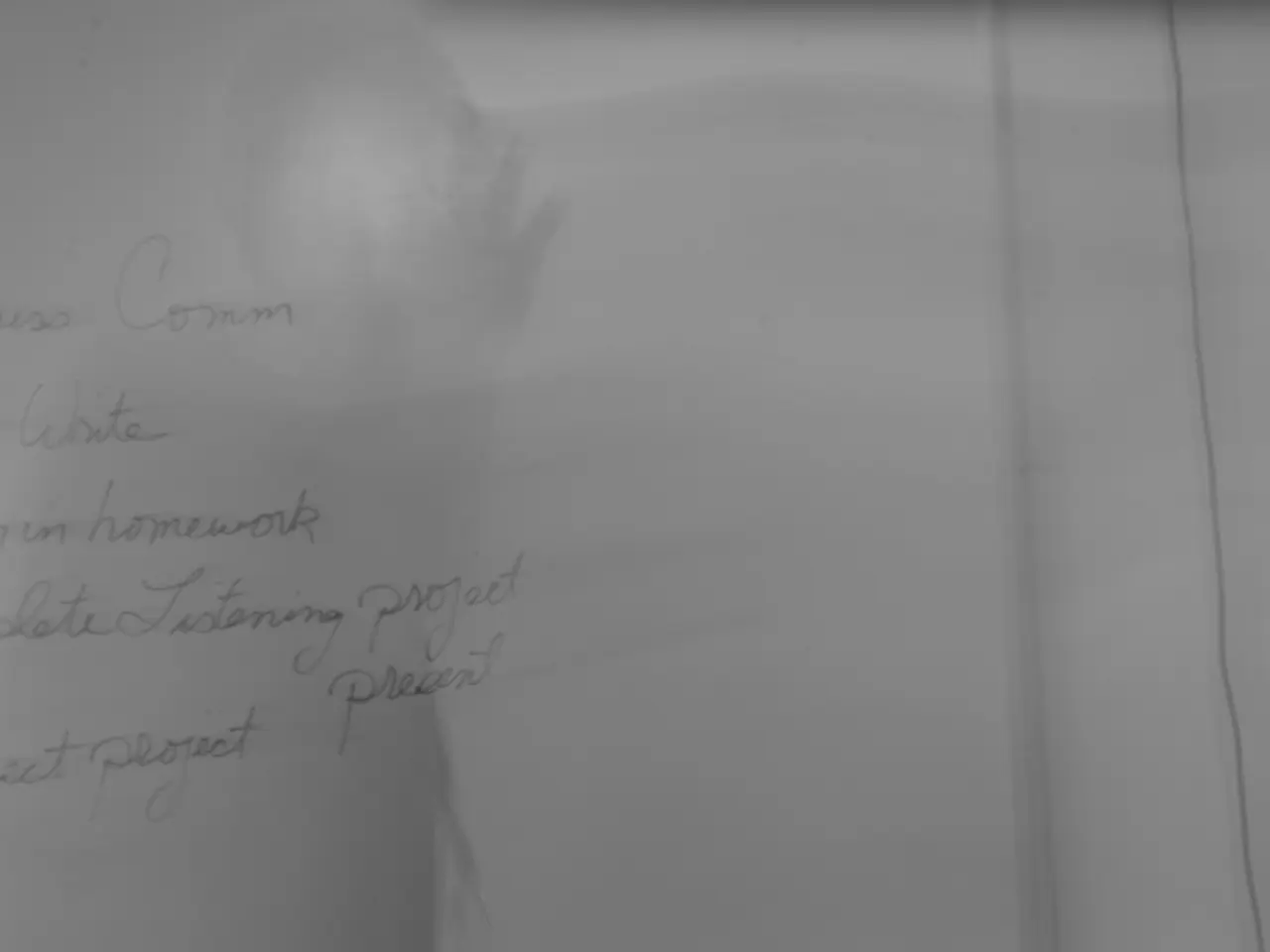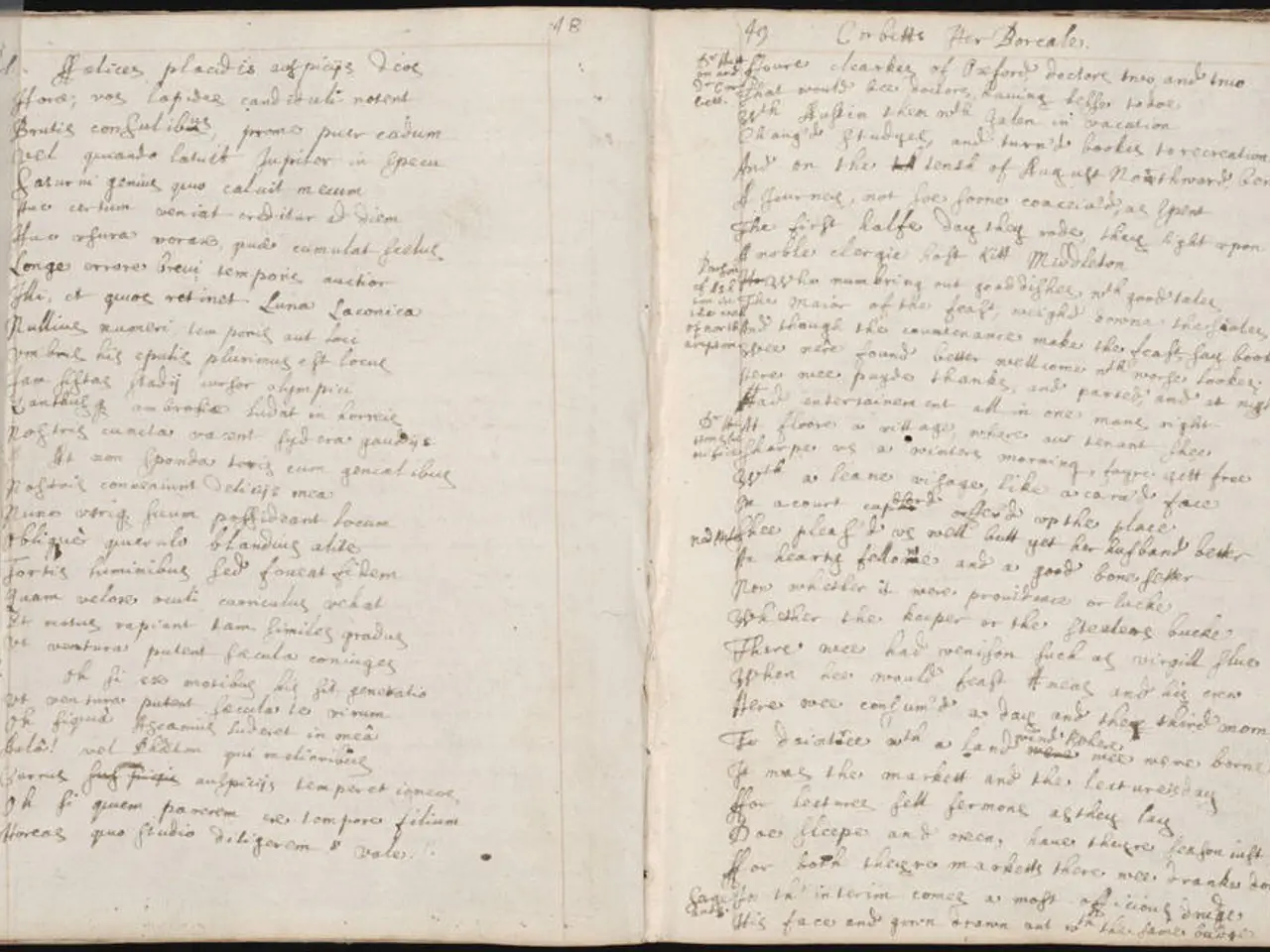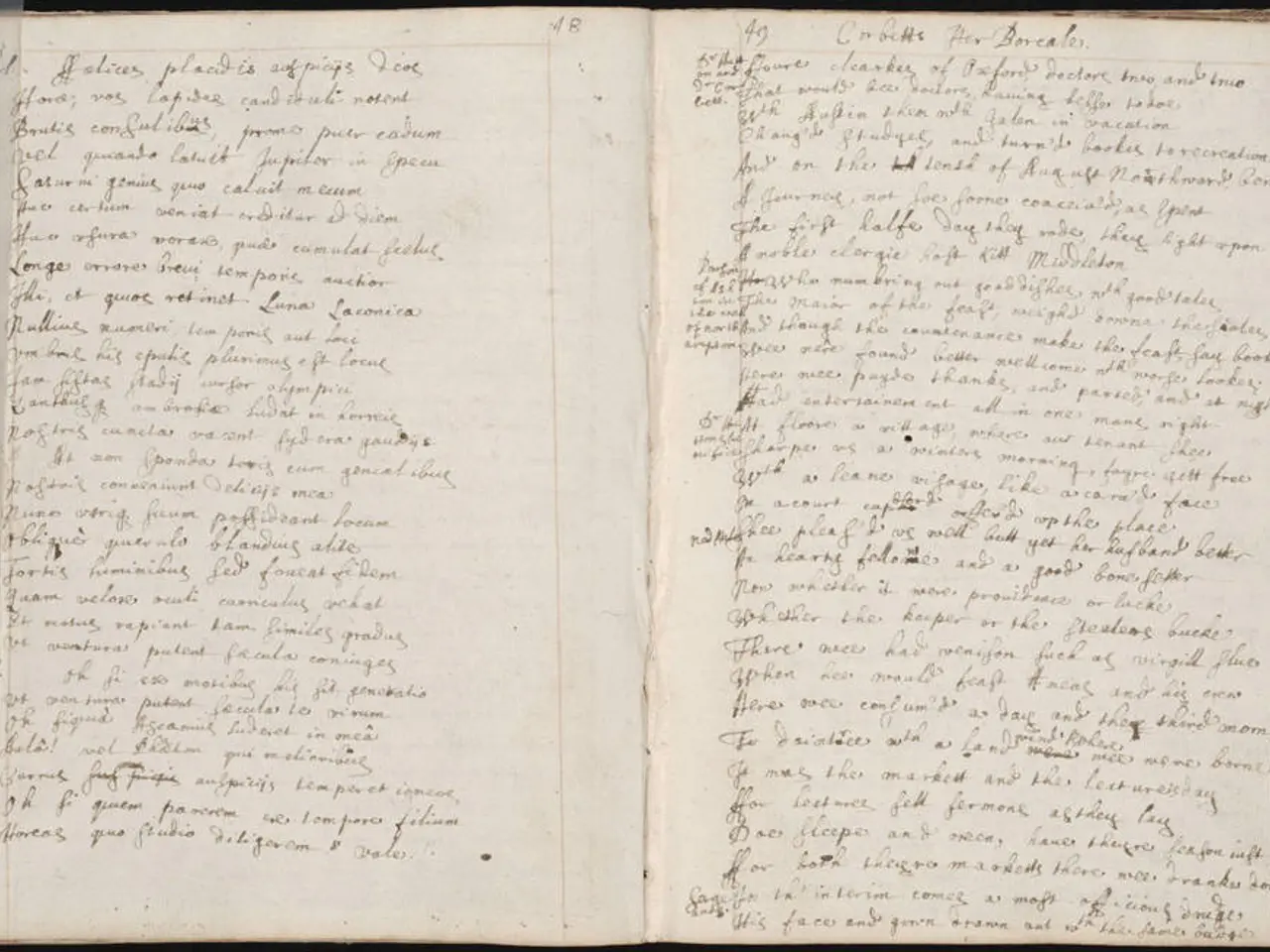Europe braces for persistent conflict due to Putin's strategic shift in Ukraine
In a significant development, Russia's Defense Minister, Sergei Shoigu, has announced plans to increase Russia's navy, aerospace, and nuclear forces, as well as an army expansion from 1 to 1.5 million, including half-a-million conscripts [1]. This move comes amidst an escalating conflict between Russia and Ukraine, a protracted battle that shows no signs of an exit strategy.
The roots of this conflict can be traced back to the post-Cold War era, with both Russia and Ukraine viewing each other as their respective top security threats [2]. The admission of Sweden and Finland into NATO will increase the border between NATO and Russia to around 1,600 miles, further heightening tensions.
Putin's strategic changes are primarily driven by the failure of initial assumptions about a quick victory and the transformation of the war into a costly, protracted conflict with mounting Ukrainian offensive capabilities [4]. Ukraine has moved from a defensive posture to actively disrupting Russian logistics and morale, with deep drone strikes into Russian territory [1].
Putin's refusal to negotiate peace is tied to his desire to maintain his image and the Kremlin’s messaging that demands total victory, reinforced by strong domestic support [3]. The Russian economy and military have been mobilized on a war footing, suggesting preparations for a prolonged conflict.
The evolving war strategy and Ukraine’s disruptive tactics could provoke more aggressive Russian military responses, potentially escalating the conflict beyond Ukraine’s borders [1][2]. This heightened risk of continued conflict on Europe’s eastern border could destabilize the region for years, leading to shifts in European security posture, with nations likely to strengthen their military readiness, reinforce NATO defenses, and possibly increase defense spending to deter further Russian aggression.
The potential long-term implications for Europe include prolonged instability, shifts in energy and economic repercussions, and the risk of escalation [1][2]. Sustained conflict affects European energy security and economies due to sanctions on Russia and disruptions in trade routes, further complicating Europe’s geopolitical landscape.
On a global scale, the International Monetary Fund has warned that the war could reduce global GDP by up to 7% over a long-term period, reversing financial integration and globalization trends of recent decades [3]. The impact is expected to be more significant on low-income and emerging economies, attributed to the Russia-Ukraine conflict and the COVID-19 pandemic [3].
The food situation has also been highlighted as the "most worrying concern" by the World Bank [5]. Many countries are heavily dependent on Russia and Ukraine for food imports, and the ongoing conflict could disrupt these supply chains.
The arrival of 100 Ukrainian soldiers in Oklahoma to train on the Patriot rocket defense system and the Pentagon's commitment to provide 50 Bradley Fighting Vehicles to Kyiv is escalating the conflict further [6]. The United States has been integrating Ukraine into the Western orbit, reducing its military presence in Europe.
In a concerning development, Pantsir anti-aircraft systems have been reportedly set up on rooftops in central Moscow, including near the Kremlin, in addition to the ministry of defense structure, as well as near Putin's Valdai home in Russia’s Novgorod area [7].
Historically, Russia shares a stormy past with both Sweden and Finland, having fought numerous battles with them, including the Great Northern War which ended in July 1709 at the battle of Poltava, located in eastern Ukraine [8]. Ukraine is seen as a buffer state by both Russia and NATO, with control over Ukraine being crucial for a direct NATO vs. Russia battle.
As the conflict continues, it is essential to monitor these strategic shifts and their implications for European security and stability in the long term.
- The escalating conflict between Russia and Ukraine, primarily driven by political tensions and fueled by historical animosities, raises concerns about potential food disruptions due to dependence on food imports from these nations.
- As the war between Russia and Ukraine extends, geopolitical developments such as increased military readiness, fortified NATO defenses, and potential defense spending increases in Europe may be influenced by both the immediate conflict and its far-reaching effects on general news, war-and-conflicts, politics, and economy.
